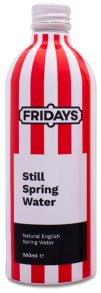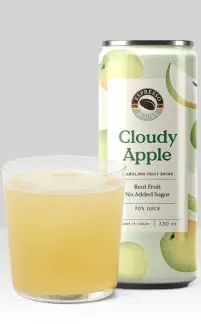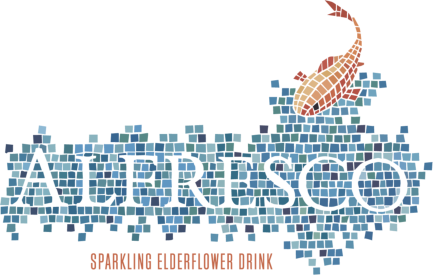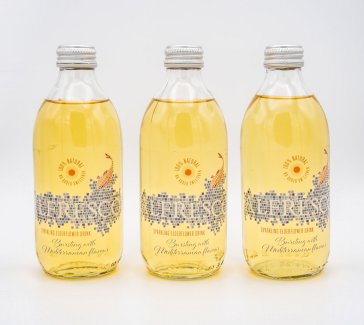The Deposit Return Scheme: Navigating the Future of Beverage Consumption
The introduction of a deposit return scheme (DRS) for beverage containers is a significant step toward enhancing sustainability within the drinks industry. By incentivizing the return of used bottles and cans, DRS aims to reduce waste and promote recycling. However, the impact of such schemes on logistics, the environment, and industry practices invites a nuanced discussion. Here, we explore the pros and cons of deposit return schemes from various angles.
Environmental Benefits
Pros: The primary advantage of DRS is its potential to significantly reduce litter and increase recycling rates. By ensuring that a higher percentage of beverage containers are recycled, we can lessen the environmental footprint of the drinks industry. This reduction in waste not only benefits ecosystems but also conserves resources and reduces greenhouse gas emissions from production processes.
Cons: Despite these advantages, implementing a DRS can lead to initial increases in carbon emissions due to the additional transportation required for returning containers to collection points. However, these impacts tend to diminish over time as the system becomes more efficient and widely adopted.
Logistical Considerations
Pros: A well-organized DRS can streamline the collection and recycling process, leading to more efficient use of resources and potentially lower costs in the long run. It encourages manufacturers, retailers, and consumers to participate actively in a circular economy, fostering a sense of responsibility and community engagement.
Cons: On the flip side, introducing a DRS can present significant logistical challenges for the drinks industry. These include the need for additional infrastructure, such as collection and sorting facilities, and the potential for disruptions to existing supply chains. Small businesses, in particular, may face hurdles in adapting to these changes.
Industry Impact
Pros: Beyond environmental and logistical considerations, a DRS can drive innovation within the drinks industry. Companies may be motivated to design more sustainable packaging solutions and improve production processes to minimize their environmental impact.
Cons: However, there is concern about the potential economic impact, especially on prices for consumers. The additional costs associated with DRS participation—such as deposit fees and administrative costs—could lead to higher retail prices for beverages.
Conclusion
As the drinks industry navigates the introduction of deposit return schemes, the path forward involves balancing environmental goals with practical and economic considerations. By embracing innovation and collaboration, stakeholders can mitigate the challenges of DRS while maximizing its benefits for the planet and future generations.






















